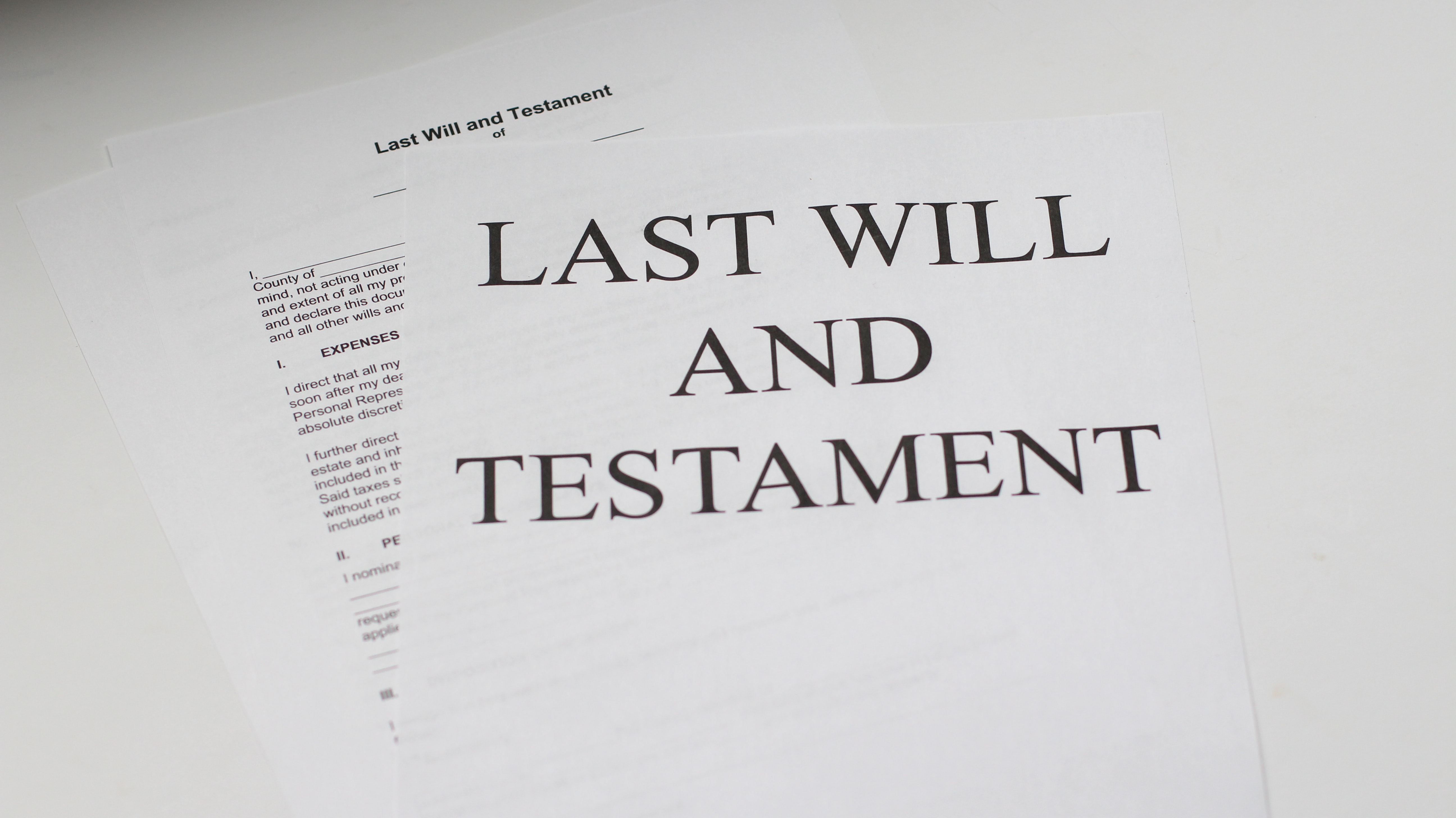What is the Difference Between Enduring Power of Attorney and Lasting Power of Attorney?

The Mental Capacity Act 2005 came into force in October 2007 and replaced Enduring Powers of Attorney (EPAs) with Lasting Powers of Attorney (LPAs). For those who were made EPAs before 1st October 2007, their legal authority is still valid and many still exist. The two types of Power of Attorney are similar, but this article will explore the difference between Enduring Power of Attorney and Lasting Power of Attorney.
What Was an Enduring Power of Attorney?
The title of Enduring Power of Attorney was previously granted to a mentally capable individual, allowing them to act on behalf of you if you’re deemed mentally incapable. This included the authority to deal with financial and property matters also.
What is a Lasting Power of Attorney?
A Lasting Power of Attorney differs slightly, as they must be appointed while you are still mentally capable. A Certificate Provider must confirm this, that you understand what an LPA is and that you’re not under pressure to give someone this title. The Certificate Provider must be either a legal or medical professional who has known you at least two years and is not related.
There are two different types of Lasting Power of Attorney. The first one is a property and financial LPA, which is the most similar to the previous EPA. Your attorneys will have authority to make decisions regarding your property and finances. The other type is a personal welfare LPA which allows your chosen Attorney to make welfare and health decisions for yourself.
What Are Differences the Between the Two Types?
- Firstly, as soon as an EPA was registered, it became effective immediately. LPAs, however, only come into effect when the individual loses their mental capability, and there must be a witness to support the claim of mental incapability.
- An EPA must also be registered through the courts for it to be effective, whereas an LPA can be registered through the Office of the Public Guardian.
- An LPA has the authority to make decisions on behalf of the other person, such as medical care, treatments, and lifestyle arrangements. An EPA does not give someone the power to make lifestyle choices, such as where the individual should live.
At any time, those holding a Power of Attorney can consult the Office of the Public Guardian for advice if needed. It is recommended that you plan ahead as this can be stressful for loved ones to navigate if you do become incapable of managing your affairs.
If you need guidance making an LPA, contact Caversham solicitors to get started.




